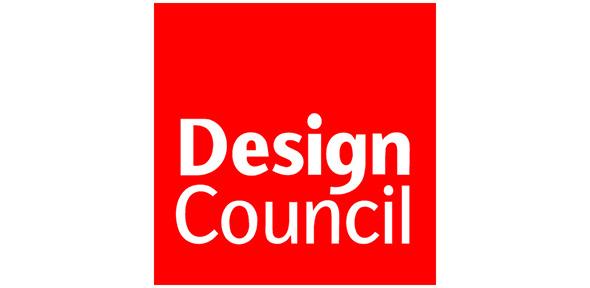
Submitted by Angela Walters on Fri, 20/11/2020 - 09:16
A series of workshops identifying the digital capabilities needed by recent graduates in built environment professions is to be hosted by Design Council, on behalf of the Centre for Digital Built Britain (CDBB) – a member of the Construction Innovation Hub.
Kicking off this December, the workshops will form the first phase of the Graduate Digital Capabilities for Built Environment Professionals Project, a new collaborative initiative to identify and address the digital skills gap for recent graduates across the full range of built environment disciplines. The project has been developed in response to the need for early-career graduates in the built environment sector to develop a range of digital skills, knowledge and experience, and deliver digital transformation in our rapidly evolving world.
The Graduate Digital Capabilities for Built Environment Professionals Project involves working with industry, professional institutions and academia to develop a graduate digital capabilities framework. This framework will be used by companies, professional institutions, academia and other industry organisations to identify the digital skills, knowledge and experience required, and what might best be taught at university and in industry.
The project is guided by the Graduate Digital Capabilities Advisory Group which brings together a panel of experts from across the construction and infrastructure industries, technology companies and a range of universities and professional institutions to explore the issue and set out a plan for how to address it.
Kathryn Campbell, Real Estate Project Executive at Google EMEA and Chair of the Graduate Digital Capabilities Advisory Group, said: “There is evidence of a dual problem* which this project seeks to explore and address. Firstly, the industry is missing out on talent as those with digital skills are choosing other sectors perceived to be more high-tech. There is also evidence that the digital skills that young people bring to the industry are undervalued and not utilised. We want to hear direct from recent graduates about their own experiences, as well as involving industry and academic institutions in helping to shape the solutions to these issues.”
The four December workshops, hosted and facilitated by Design Council, will cover:
- Tuesday 8 December: Spatial Design. For those whose work relates to the design of buildings and spaces around them (e.g. architects, architectural technologists, landscape architects, urban designers, etc).
- Thursday 10 December: Planning and Surveying. For those whose work relates to the management of space in towns, cities and rural areas, and the art and science of measuring, mapping and valuing land (e.g. town planners, transport planners, land surveyors, quantity surveyors, building surveyors, valuation surveyors, etc).
- Wednesday 16 December: Engineering. For those whose work relates to the application of maths, science and creativity to solve engineering problems (e.g. civil engineers, structural engineers and building services engineers, etc).
- Thursday 17 December: Management. For those whose work relates to planning, organising and co-ordinating construction projects, and managing them once they are built (e.g. facilities managers, project managers, property developers, real estate and asset managers, construction managers, etc).
Elli Thomas, Lead Programme Manager at Design Council said: “The digital world is evolving rapidly and recent graduates in the built environment sector need to develop a range of digital skills and deliver digital transformation. Our workshops are a fantastic opportunity for those working at the leading edge of digital approaches to play a central role in shaping our future ways of working, to learn more about how others are using digital across the built environment, and to collaborate with other built environment professionals. We’re keen to hear from as many people as possible and so would urge anyone with an interest in this to sign up.”
To express your interest in the workshops, click here.
If you do not meet the criteria for this set of workshops but are still interested in being involved or learning more about the project, sign up here to register your interest.
Notes to Editors
*The Future Capabilities report (on Skills Readiness and Modern Organisational Design) by Turner Harris observed (page 23) that although people with the requisite digital skills are now entering work they are not being hired into the construction industry. There are many reasons for this including that construction companies are predominantly assessing new hires based on their current requirements which don’t routinely include a digital skill set. Secondly there is an image of built environment professions as unskilled that can lead to young people being steered into other industries.
The report states that “Another problem we currently see is if a digitally enabled person has been hired, they are often not given the scope or authority to make meaningful change... Industry perceives these emerging skills in a young workforce as a risk rather than an asset.”
A report by Kier in 2017 revealed that 73% of parents would not want their child to consider a career in construction and 54% of teachers and parents believe that there is a lack of career progression and that the industry is associated with lower skilled workers.
